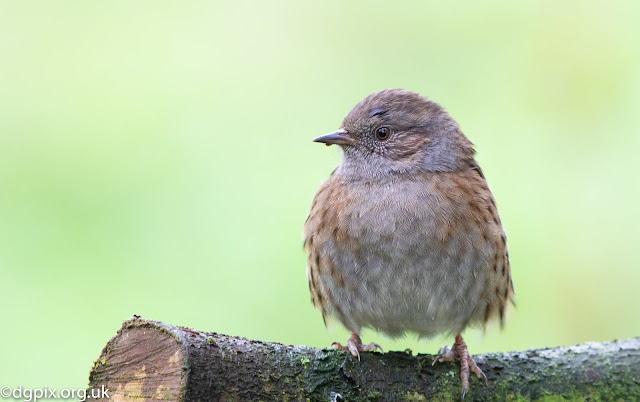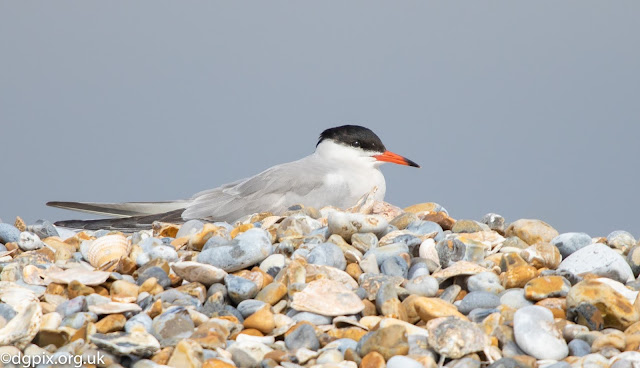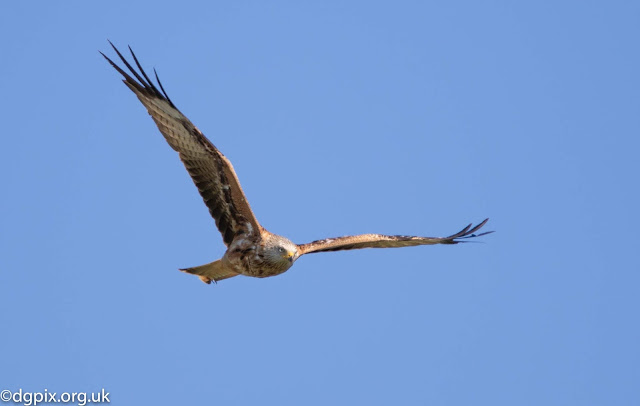Shooting Birds at Low Shutter Speeds

Shooting at Low Speeds Handheld Light is the most important component of any photograph, be it nature, landscape, weddings etc. If you don't have the light, you can't create the image. Or can you? There comes a time in every nature photographer's sessions, where the light is just not there. It's not that it's bad light, more like there is very little of it. Using Aperture Priority mode will let you know what shutter speed the camera thinks is best for the current light, and ISO you have selected, so you'll know if the shot is feasible or not. Auto ISO will give you reasonable speeds, with the trade off of noise when the ISO levels get into 4 figures (1***+), depending on if you are using a crop sensor or full frame body. Tripods help of course, but are not always practical depending on the situation. Techniques Everyone who read or youtubed their way into photography will have been told the " don't shoot lower than your focal le







